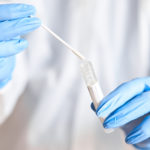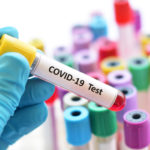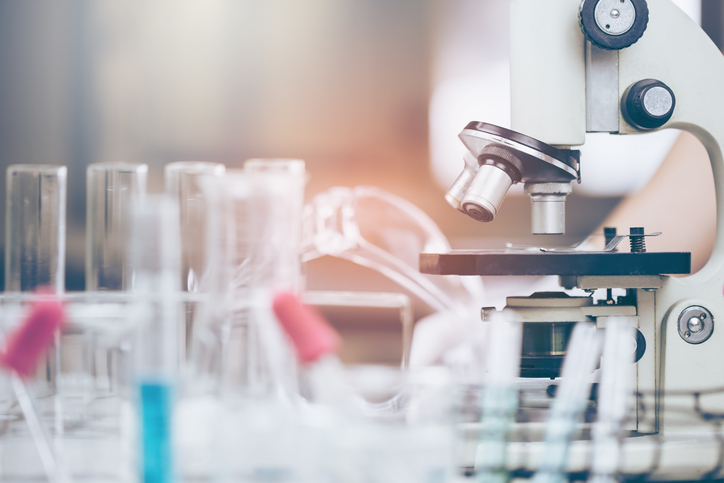Description
| Product Name | CAT.No | Size |
| Anti-JKa | BGJKA002 | 1 x 2ml |
Product Description
The Biorex Diagnostics Anti-JKa reagent is a ready-to-use solution for the detection of the JKa antigen in the Kidd (JK) blood group system. Its high specificity and reproducible performance make it essential for transfusion compatibility testing, extended phenotyping, and immunohaematology investigations. Accurate identification of JKa-positive and JKa-negative red cells is critical, as Kidd antibodies are clinically significant and can cause delayed or acute haemolytic transfusion reactions (HTRs) and haemolytic disease of the foetus and newborn (HDFN).
Key Features
- Accurate JKa antigen detection – reliably identifies JKa-positive and JKa-negative red cells.
- Clinically significant – supports the prevention of transfusion complications and HDFN.
- Monoclonal IgM formulation – provides consistent and clear agglutination results.
- Direct agglutination method – produces interpretable results suitable for routine laboratory use.
- Ready-to-use reagent – stable liquid format, eliminates the need for dilution, and simplifies workflow.
- Supports extended phenotyping – complements Anti-JKb reagent for comprehensive Kidd system testing.
Benefits
Use of the Anti-JKa reagent ensures safe donor–recipient matching, preventing alloimmunisation in sensitised patients and reducing risks associated with blood transfusions. Its ready-to-use format, high sensitivity, and reproducible performance enhance laboratory efficiency and accuracy. This reagent supports antibody investigations, extended immunohaematology panels, and transfusion safety monitoring in hospitals, blood banks, and reference laboratories.
The high specificity of the monoclonal IgM formulation ensures reliable detection even in cases with weak antigen expression or low-titre antibodies. Laboratories can confidently use this reagent to identify clinically significant antibodies and ensure compatibility in transfusions. The Anti-JKa reagent is suitable for routine blood grouping, pre-transfusion testing, and complex antibody identification, making it a versatile and indispensable tool in immunohaematology workflows.
By integrating the Anti-JKa reagent into standard testing protocols, laboratories can improve the accuracy of Kidd system phenotyping, enhance transfusion safety, and support antenatal screening programs. Its ease of use, ready-to-use format, and consistent performance provide reliable results that facilitate timely clinical decisions and improved patient care.
Contact Us for more information.






